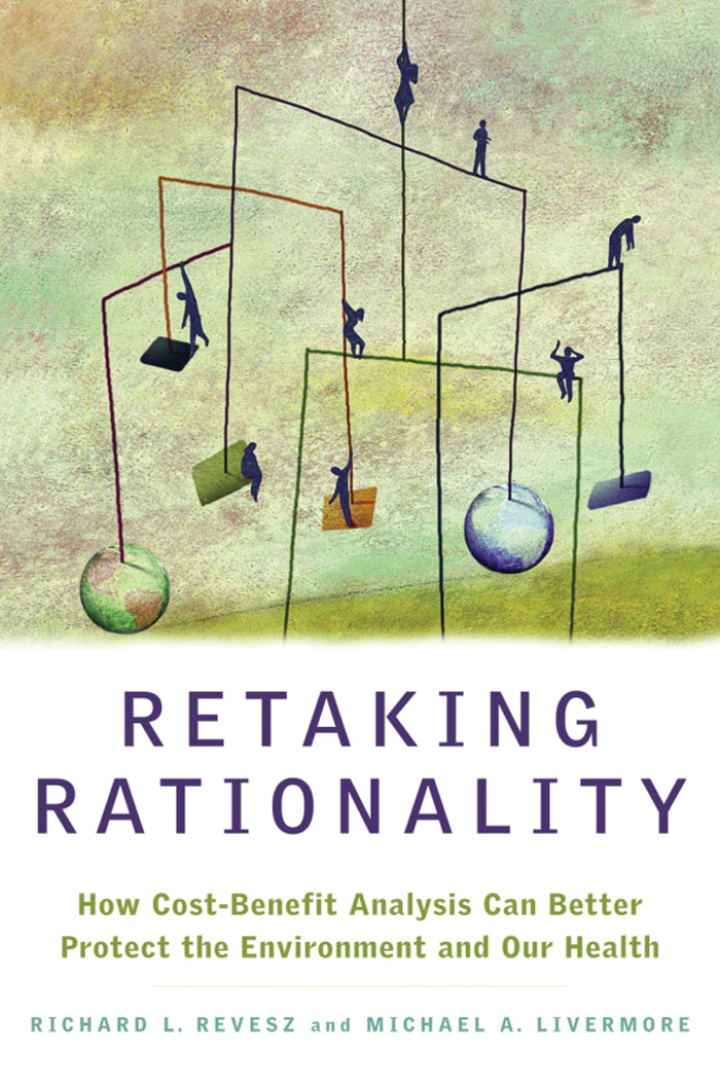Retaking Rationality How Cost-Benefit Analysis Can Better Protect the Environment and Our Health
$12.68
Attention: This is just ebook, Access Codes or any other Supplements excluded! / File Delivery: Sent Via Email within 24 hours!
SKU: 9a5bf94b552e
Category: Law Textbooks
Description
-
Author(s)Richard L. Revesz; Michael A. Livermore
-
PublisherOxford University Press
-
FormatPDF
-
Print ISBN
9780195368574, 0195368576 -
eText ISBN
9780195368574, 0195368576 -
Edition
-
Copyright
- Details
That America’s natural environment has been degraded and despoiled over the past 25 years is beyond dispute. Nor has there been any shortage of reasons why-short-sighted politicians, a society built on over-consumption, and the dramatic weakening of environmental regulations. In Retaking Rationality, Richard L. Revesz and Michael A. Livermore argue convincingly that one of the least understood-and most important-causes of our failure to protect the environment has been a misguided rejection of reason. The authors show that environmentalists, labor unions, and other progressive groups have declined to participate in the key governmental proceedings concerning the cost-benefit analysis of federal regulations. As a result of this vacuum, industry groups have captured cost-benefit analysis and used it to further their anti-regulatory ends. Beginning in 1981, the federal Office of Management and Budget and the federal courts have used cost-benefit analysis extensively to determine which environmental, health, and safety regulations are approved and which are sent back to the drawing board. The resulting imbalance in political participation has profoundly affected the nation’s regulatory and legal landscape. But Revesz and Livermore contend that economic analysis of regulations is necessary and that it needn’t conflict with-and can in fact support-a more compassionate approach to environmental policy. Indeed, they show that we cannot give up on rationality if we truly want to protect our natural environment. Retaking Rationality makes clear that by embracing and reforming cost-benefit analysis, and by joining reason and compassion, progressive groups can help enact strong environmental and public health regulation.
Related products
-

Agency in Mental Disorder Philosophical Dimensions
Rated 0 out of 5$26.00 Add to cart -

A Measure of Freedom
Rated 0 out of 5$29.25 Add to cart -

Africa’s International Investment Law Regimes 1st Edition
Rated 0 out of 5$61.75 Add to cart -

Blackstone’s Guide to the Proceeds of Crime Act 2002 5th Edition
Rated 0 out of 5$34.12 Add to cart

